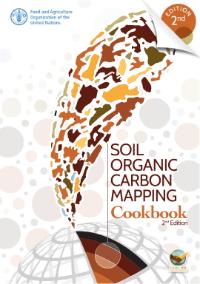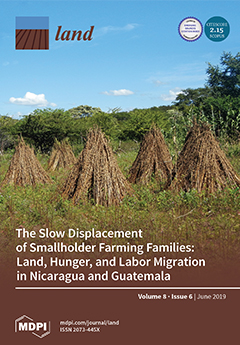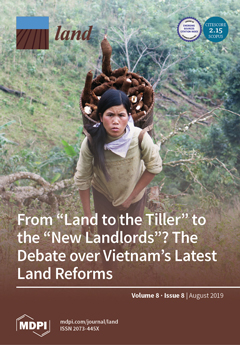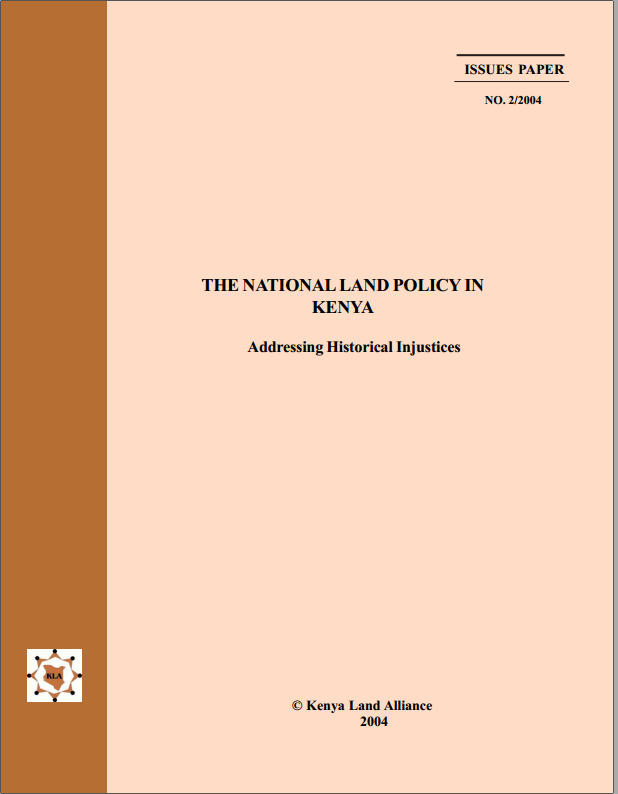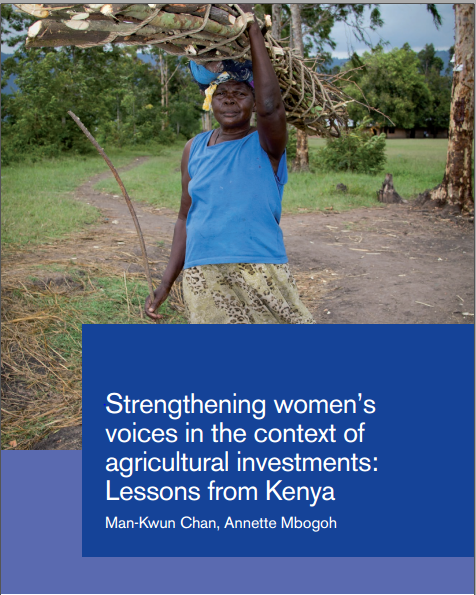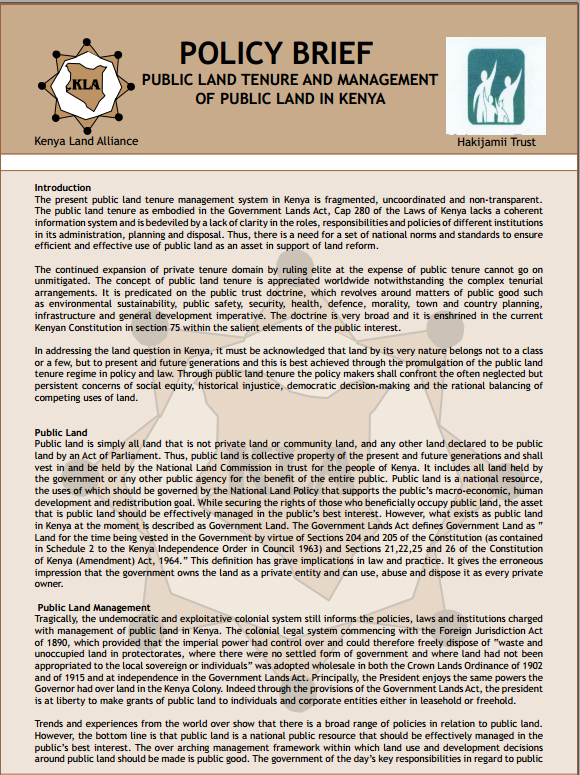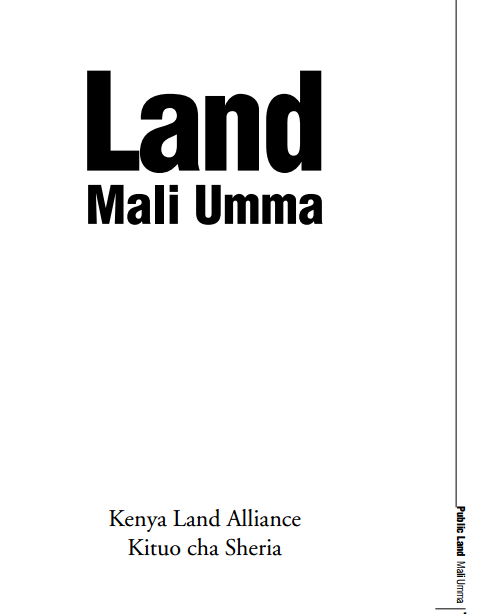National Environmental Action Plan of Estonia for 2007-2013
The National Environmental Action Plan of Estonia is a national cross-sectoral action plan of Estonia for the period 2007-2013. Its main objective is to present a consensual list of nationally prioritised activities aimed at achieving the primary goals of the environmental policy specified in the national Environmental Strategy, indicating the financing needs and discussing the most optimal use of non-budgetary funding sources.The Action Plan aims to ensure food and potable water safety.


